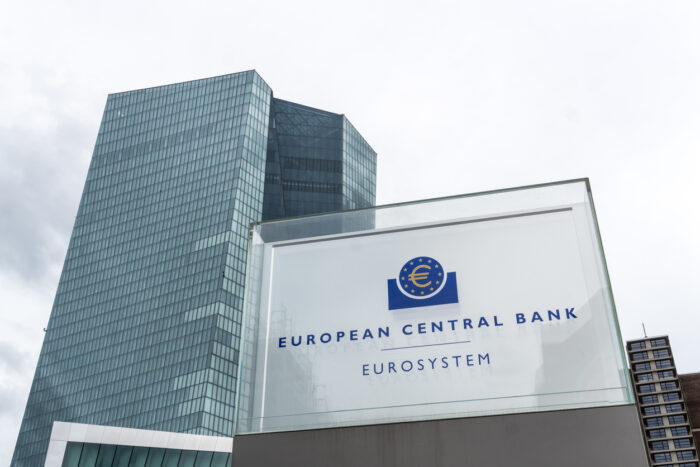A senior official indicated on Saturday that the time is nearing for the European Central Bank (ECB) to start decreasing interest rates. Implementing such measures promptly and gradually could mitigate potential fluctuations in financial markets and the broader economy.
ECB Should Start Cutting Rates Soon, Says Italy’s Fabio Panetta

Speaking at the Assiom Forex conference in Genoa, ECB Governing Council member Fabio Panetta highlighted the need for the next monetary policy adjustment to mirror the current phase of disinflation and the diminished likelihood of a wage-price spiral, noting the increasing impact of rate hikes on economic performance.
Panetta, who assumed the role of Bank of Italy governor in November following his tenure as an ECB executive board member, stated, “The time for a reversal of the monetary policy stance is fast approaching.”
He emphasized the importance of weighing the advantages and disadvantages of initiating interest rate cuts sooner and more gradually versus later and more abruptly, the latter potentially leading to greater instability in financial markets and economic activities.
Last month, the ECB maintained its interest rates at a peak of 4% and reiterated its dedication to combating inflation, even as discussions on the timing for easing borrowing costs gain momentum. The speculation now revolves around whether the ECB will commence rate reductions as soon as April or choose to postpone the decision.
Don’t miss out the latest news, subscribe to LeapRate’s newsletter
Panetta cautioned against premature conjecture about the timing of monetary easing, deeming it unproductive and not in keeping with the respect due to the ECB Governing Council’s collective decision-making process. The ECB concluded its most rapid sequence of rate increases in September.
The discourse on inflation has intensified, with prominent policymakers asserting the need for further proof of inflation returning to its target before considering rate reductions. This stance comes amid a growing consensus that inflationary pressures are subsiding.
Panetta argued that the current priority should be determining the prerequisites for initiating monetary easing while safeguarding price stability and minimising adverse impacts on the real economy.